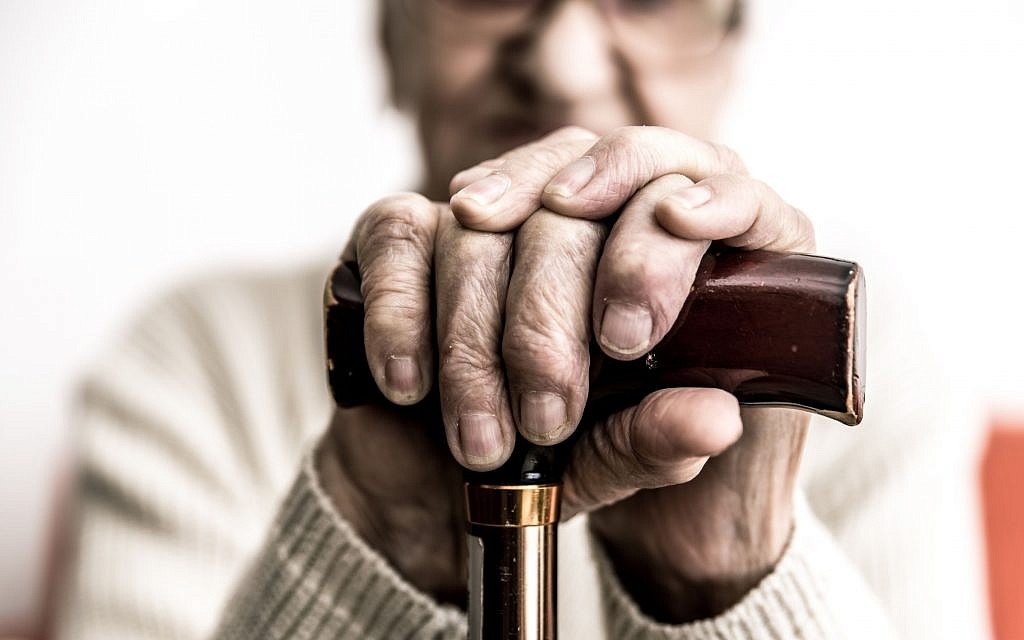As we age, our mental health can become increasingly important. Changes in physical health, social circumstances, and life events can all impact our mental well-being. Yet, mental health care for elderly individuals is often overlooked or underfunded, with many people not receiving the support they need. In this blog post, we’ll explore the importance of mental health in elderly care and offer some tips for prioritizing mental well-being.
Why Mental Health Matters for Elderly Care
Mental health plays a crucial role in elderly care. Depression, anxiety, and other mental health conditions can impact an individual’s quality of life, making it difficult to engage in daily activities, maintain social connections, and enjoy hobbies and interests. Mental health conditions can also increase the risk of physical health problems, such as heart disease and stroke. In fact, a study by the Royal College of Psychiatrists found that elderly individuals with mental health conditions have higher rates of hospital admissions and longer hospital stays than those without.
Loneliness is also a major issue for elderly individuals, with around 3.6 million people in the UK aged 65 and over reporting feelings of loneliness. Loneliness can have serious negative impacts on mental health, including increasing the risk of depression and anxiety. Social isolation can also lead to physical health problems, such as high blood pressure and weakened immune function.
Prioritising Mental Health in Elderly Care
So, how can we prioritize mental health in elderly care? Here are some tips:
- Screen for Mental Health Conditions
Regular screening for mental health conditions can help identify issues early, making it easier to treat them effectively. This can include assessments for depression, anxiety, and cognitive decline. The NHS recommends that elderly individuals are screened for depression at least once a year, or more often if necessary.
- Promote Social Connections
Social connections are vital for mental well-being, particularly for elderly individuals. Encourage elderly individuals to maintain social connections by joining clubs, taking part in group activities, and spending time with friends and family. Technology can also be a valuable tool for maintaining social connections, particularly during the COVID-19 pandemic when in-person meetings may not be possible.
- Offer Therapy and Counselling
Therapy and counselling can be effective treatments for mental health conditions in elderly individuals. Cognitive behavioural therapy (CBT) has been shown to be particularly effective for depression and anxiety. Counselling can also help individuals process life changes and adjust to new circumstances.
- Promote Healthy Lifestyle Habits
Healthy lifestyle habits, such as regular exercise and a healthy diet, can have a positive impact on mental health. Encourage elderly individuals to engage in physical activity, even if it’s just a short walk each day. Eating a balanced diet can also provide the nutrients needed for good mental health.
- Offer Support for Caregivers
Caregivers of elderly individuals can also be impacted by mental health issues,
particularly depression and anxiety. Providing support for caregivers can help alleviate some of the stress and burden they may be experiencing. This can include respite care, where the caregiver takes a break while the individual receives care from someone else, or counselling and therapy for the caregiver.
- Address Financial Concerns
Financial concerns can also impact mental health in elderly individuals, particularly if they are living on a limited income. Providing support and advice on financial matters can help alleviate some of the stress associated with money worries. This can include information on benefits and entitlements, as well as advice on budgeting and managing debt.
- Address Physical Health Concerns
Physical health concerns can also impact mental well-being. Encouraging regular check-ups and screenings for physical health issues can help prevent or manage health problems, reducing the impact on mental health. It’s also important to manage chronic conditions, such as diabetes or heart disease, to prevent them from impacting mental health.
- Foster a Positive Attitude Toward Aging
Finally, fostering a positive attitude toward ageing can help promote good mental health in elderly individuals. Encouraging elderly individuals to see ageing as a time of opportunity and growth, rather than a period of decline, can help reduce the negative impact of ageist attitudes and stereotypes.
Mental health is a crucial aspect of elderly care, yet it is often overlooked or underfunded. Prioritizing mental health in elderly care can help promote better mental well-being, reducing the impact of conditions such as depression and anxiety. Regular screening for mental health conditions, promoting social connections, offering therapy and counselling, promoting healthy lifestyle habits, supporting caregivers, addressing financial and physical health concerns, and fostering a positive attitude toward ageing are all important steps that can be taken to prioritize mental health in elderly care.
It’s important to remember that mental health is just as important as physical health, and should be given the same level of attention and care. By prioritizing mental health in elderly care, we can help promote a better quality of life and reduce the negative impact of mental health conditions on both the individual and their caregivers.
If you or a loved one are struggling with mental health issues, it’s important to seek help. Your GP can provide information and advice on the support available, including therapy and counselling services. Remember, it’s never too late to prioritize your mental well-being and take steps to improve your quality of life.
